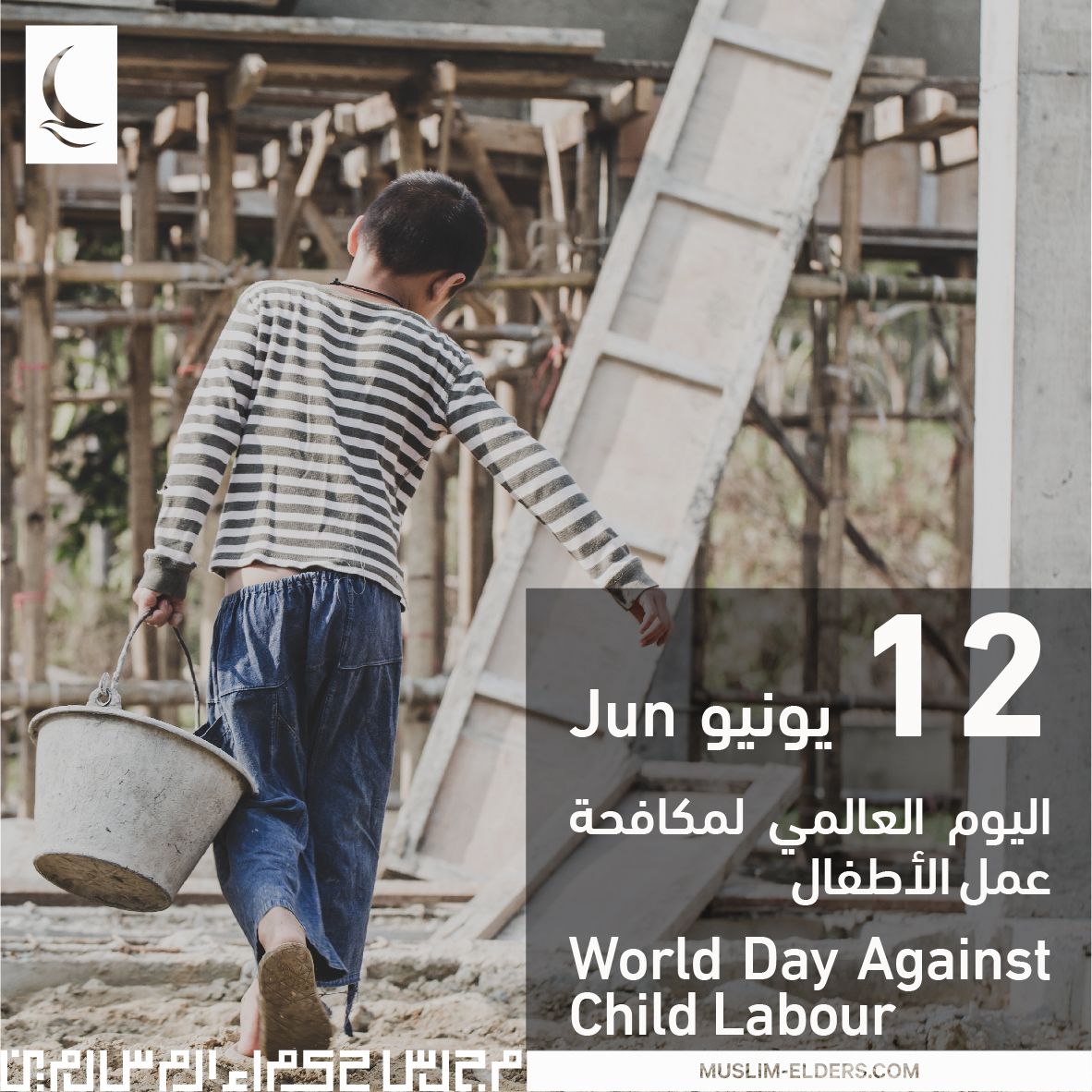On the World Day Against Child Labour - Muslim Council of Elders: Protecting Children's Rights is a Religious and Ethical Duty, and a Social Responsibility for Everyone
The Muslim Council of Elders, under the chairmanship of His Eminence Dr. Ahmed Al-Tayeb, the Grand Imam of Al-Azhar, emphasizes that securing the care and guaranteeing the fundamental rights of children is a religious and ethical duty, as well as a social responsibility requiring serious commitment from individuals, institutions, and governments. Islam places great importance on children, considering them essential pillars in building the future of nations and it advocates for their proper upbringing, protection, and respect for their inherent rights, including the right to life, healthcare, and education.
In a statement marking the World Day Against Child Labour, observed annually on June 12, the council asserts that exploiting children by forcing them into labor unsuitable for their age constitutes a grave violation of their childhood. This practice also exposes them to severe health and psychological risks and poses a significant threat to their future. The council calls for intensified efforts to combat child labor through effective policies and measures aimed at eradicating this phenomenon, ensuring the necessary care for children so they can grow and develop in conditions that preserve their dignity and prepare them to become active members of their communities.
The statement also references the Document on Human Fraternity, which was co-signed by His Eminence Dr. Ahmed Al-Tayeb and His Holiness Pope Francis in Abu Dhabi in 2019. This document underscores that the fundamental rights of children to family upbringing, nutrition, education, and care are moral responsibilities for both the family and society. These rights must be provided and defended, and no child should be deprived of them anywhere. The Council also condemns any practices that undermine children's dignity or violate their rights and stresses the need to address the risks and violations they face.

